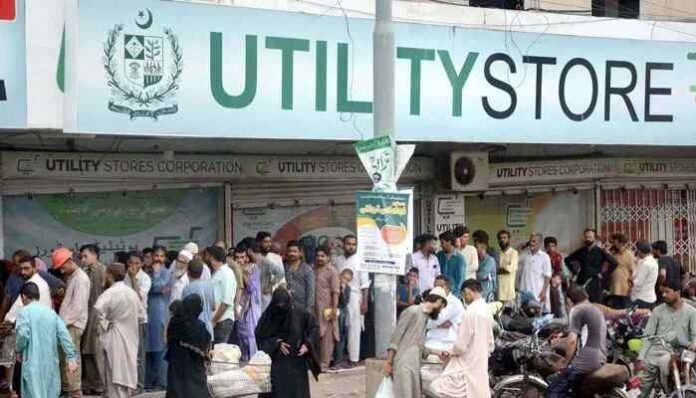The Economic Coordination Committee (ECC) is poised to approve a substantial financial package of Rs27 billion aimed at supporting employees of the now-defunct Utility Stores Corporation (USC). The meeting, scheduled for Tuesday, will be chaired by Finance Minister Muhammad Aurangzeb.
Officials say the Ministry of Industries has finalized the proposal, which is expected to receive the committee’s endorsement as part of broader efforts to mitigate the impact of the nationwide closure of utility stores.
Key Agenda Items on ECC Table
Beyond the USC package, the ECC will consider a concise four-point agenda, reflecting both economic and energy priorities:
- State TV Funding Boost – An Rs11 billion technical supplementary grant is under review for the state-owned television broadcaster.
- Oil Refinery Upgrades – The committee will examine updates under the Pakistan Oil Refining Policy 2023, aimed at enhancing refinery efficiency and capacity.
- White Pipeline Tariff Matters – Officials will discuss tariff adjustments for the White Pipeline project, which spans from Thallian to Taru Jabba.
- Electricity Levy Relief – Proposals to ease the Captive Transition Levy for electricity consumers will also be deliberated.
The Closure of Utility Stores
The Rs27 billion package comes in the wake of the federal government’s decision to shut down all utility stores across Pakistan. The closure, which was officially implemented on July 31, 2025, followed approval by Prime Minister Shehbaz Sharif and the USC. A notification from the Ministry of Industries and Production confirmed that all sales and purchases through the stores have ceased.
The decision to close the stores was preceded by a high-level cabinet meeting on June 28, 2025, where the Prime Minister and his team weighed the long-term implications for the retail sector and government finances.
What This Means
The financial package is expected to provide relief to thousands of employees affected by the sudden halt of operations, reflecting the government’s effort to cushion the social and economic fallout. Analysts note that while the closure aligns with fiscal consolidation goals, it also raises questions about alternative avenues for subsidized goods distribution.

